Look, we’re living in an age where rappers tweet their beef into existence and slide into DMs to settle scores. But let’s take a moment to appreciate when MCs actually had to, you know, rap to defend their honor. Here’s our totally biased, definitely-going-to-start-arguments ranking of hip-hop’s greatest hip-hop battles.
Drake vs. Pusha T (2018)
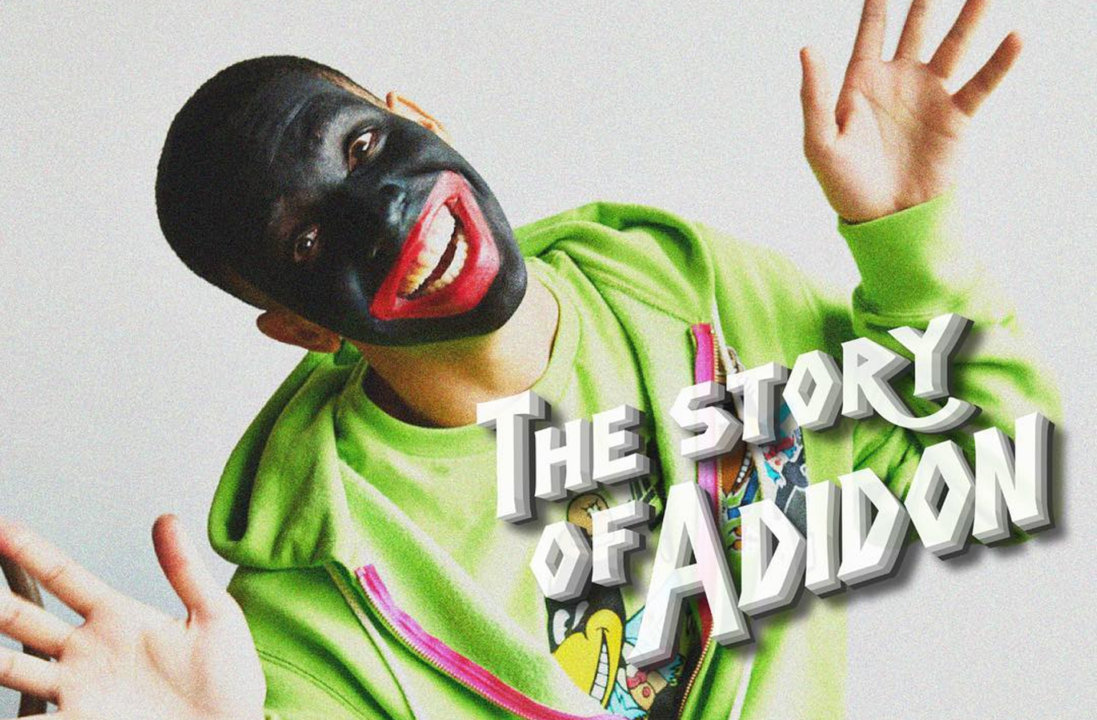
The beef that turned TMZ into a hip-hop platform. After years of subliminal shots dating back to 2011’s “Mr. Me Too” accusations, Pusha T launched “Infrared,” questioning Drake’s authenticity and ghostwriting allegations. Drake responded within hours with “Duppy Freestyle,” flexing his finances and questioning Push’s drug-dealing credentials.
Then came “The Story of Adidon” – hip-hop’s equivalent of a WikiLeaks dump. Over Jay-Z’s “Story of OJ” beat, Pusha revealed Drake’s secret son, unearthed a controversial blackface photo, and attacked Drake’s producer 40’s MS condition. The track was so devastating that J Prince reportedly had to step in to prevent Drake’s career-ending response (though many question if that response ever existed).
The aftermath changed modern battle rap’s playbook – showing that opposition research could be more deadly than bars. Drake’s entire “Scorpion” album rollout had to be reworked, and he was forced to explain both his son and the blackface photo through press releases rather than bars. As Push told The Joe Budden Podcast: “The information was too good. The tea was too hot.” Despite the levels of petty, this battle is forever cemented in history as one of the greatest hip-hop battles ever.
Winner: Pusha T (and investigative journalism)
Eminem vs. Machine Gun Kelly (2018)
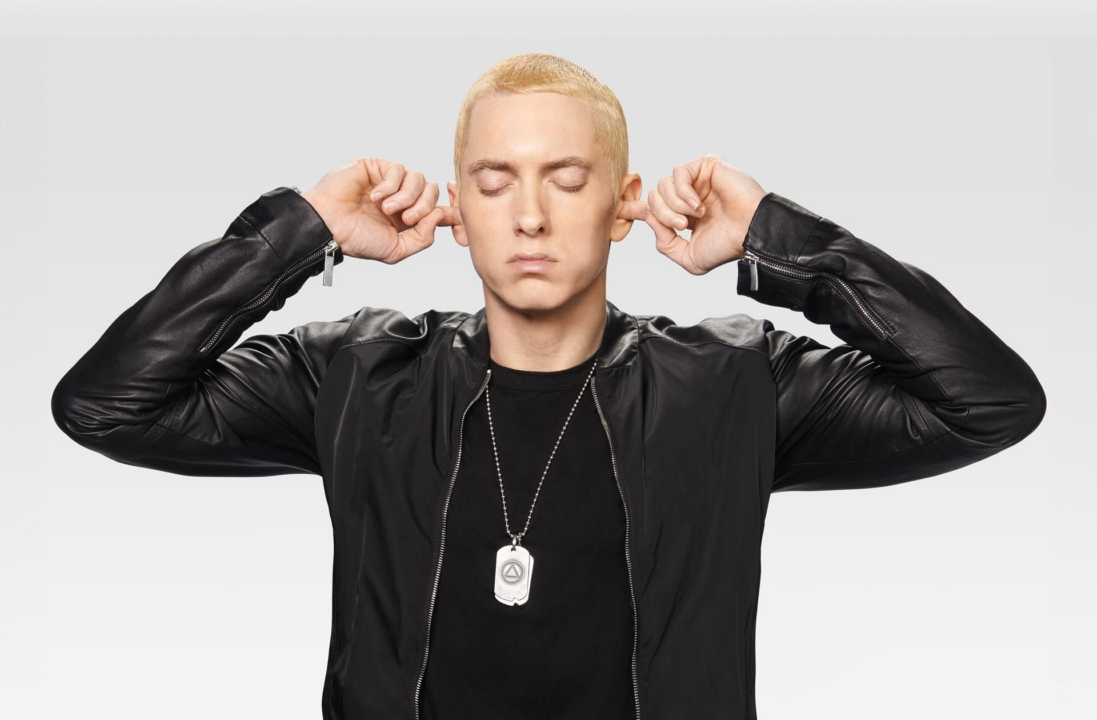
What started with a 2012 tweet about Em’s daughter Hailie turned into a career-altering battle six years later. After Em’s “Not Alike” on “Kamikaze” called out MGK’s comments, Kelly responded with “Rap Devil” – a surprisingly competent track that questioned Em’s relevance, sobriety, and age while acknowledging him as an influence.
Enter “Killshot,” where Em dissected every aspect of MGK’s career with surgical precision. The track garnered 38.1 million YouTube views in 24 hours and showcased Em’s ability to turn technical rap analysis into brutal punchlines. From pointing out MGK’s man bun to breaking down his career statistics (“Your last four albums as bad as your selfie”), Em demonstrated why challenging the rap god is career suicide.
The aftermath was telling: MGK transitioned to pop-punk with 2020’s “Tickets to My Downfall,” later admitting the beef affected his hip-hop opportunities. When Joe Rogan asked him about transitioning genres, MGK said he “made a better decision” than “trying to be the best rapper.” Translation: Em didn’t just win the battle; he made his opponent switch genres.
Winner: Eminem (shocking, we know)
Ice Cube vs. N.W.A (1991)
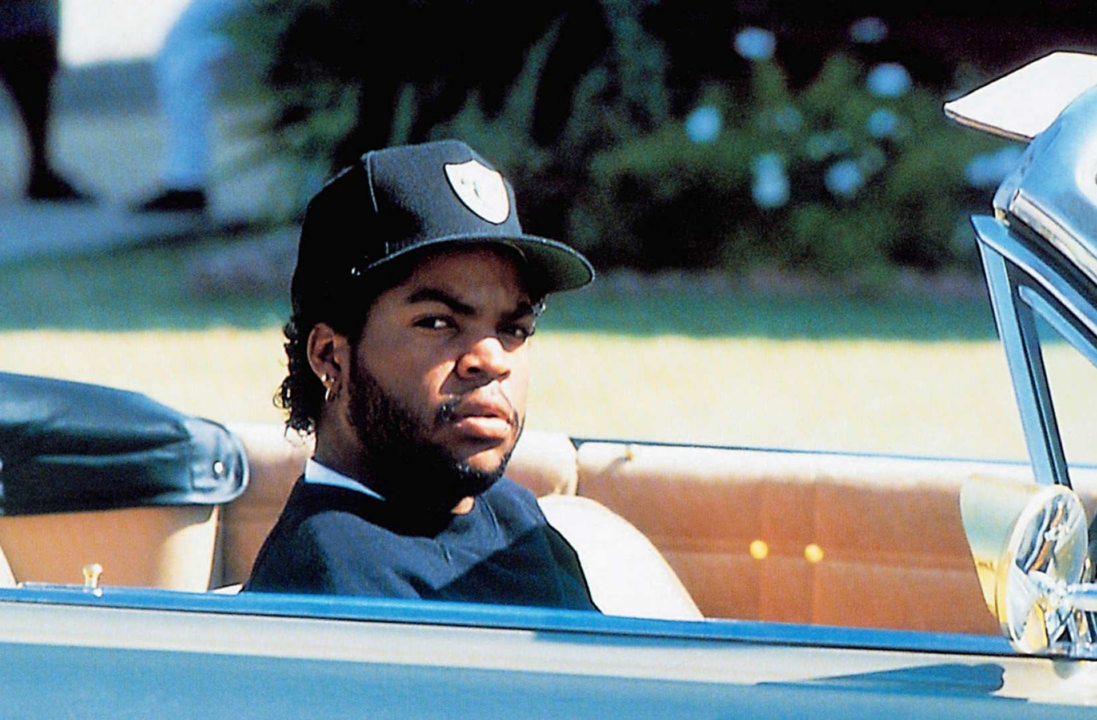
The blueprint for how to dismantle a group from the outside. After leaving N.W.A over financial disputes with Jerry Heller and Eazy-E, Cube endured shots on N.W.A’s “100 Miles and Runnin‘” and “Real Niggaz,” where his former groupmates called him a Benedict Arnold and questioned his street credibility.
His response, “No Vaseline,” wasn’t just a diss track – it was a tactical nuke that addressed everything from financial exploitation to Jerry Heller’s influence on the group. Over a devastating Boogie Down Productions sample, Cube methodically exposed N.W.A’s business dealings, called out their newfound “white” management, and somehow managed to individually destroy each member while taking down the whole group. The track was so brutal that even publications like Billboard had to acknowledge its impact while condemning its controversial content.
The aftermath validated every accusation Cube made – N.W.A soon disbanded, members had their own financial disputes with Heller, and Dr. Dre would later echo similar complaints about their business dealings. The track became the measuring stick for group dissolutions, proving that sometimes one perfectly crafted response can outweigh multiple attackers. The collective of hip-hop heads would argue that “No Vaseline” is one the hardest diss tracks of all time and part of one of the greatest hip-hop battles the west coast has been a part of.
Winner: Ice Cube (obviously)
Canibus vs. LL Cool J (1997-1998)
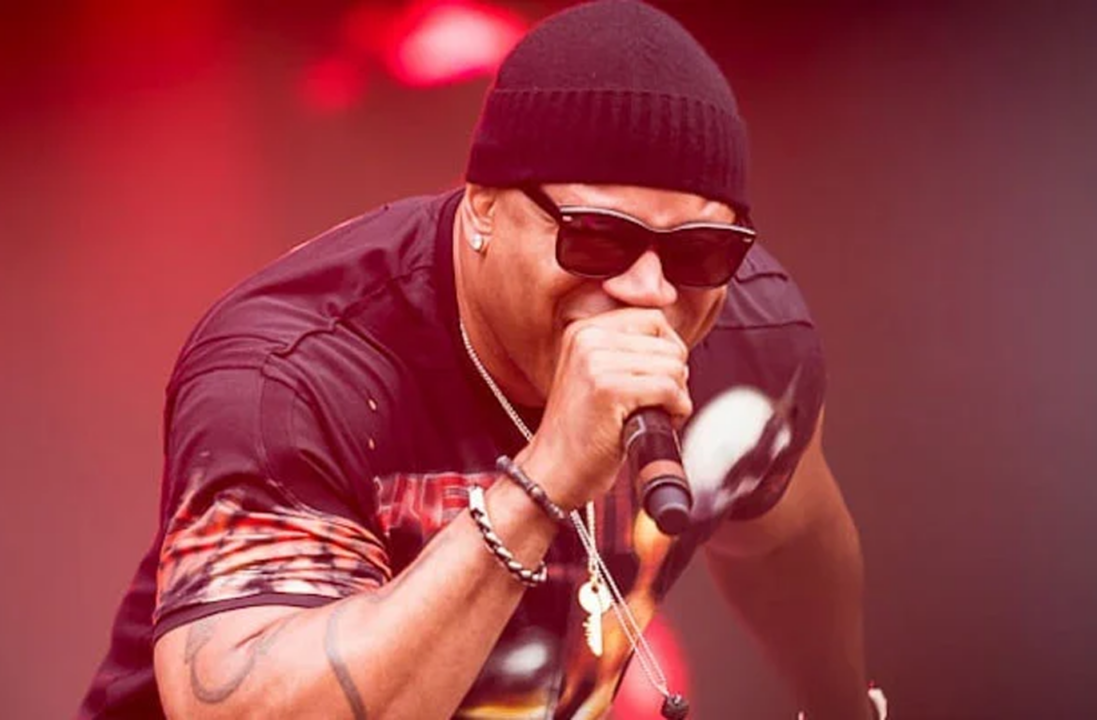
A cautionary tale about touching another MC’s tattoo. The beef ignited during a collaboration on “4,3,2,1” when LL took offense to Canibus’s verse referencing the mic tattoo on his arm. Despite Canibus changing his lines, LL kept his verse dissing Canibus – breaking an unwritten rule about not burning features on their own track.
Canibus responded with “Second Round K.O.,” recruiting Mike Tyson for the intro (peak 90s energy) and delivering what many considered a knockout blow. The track showcased Canibus’s complex rhyme schemes and challenged LL’s status as rap’s dominant force. But LL, already battle-tested from disputes with Kool Moe Dee and Ice-T, returned with “The Ripper Strikes Back” and “The Return of the Ripper,” reminding everyone why he’d survived three decades of challengers.
The battle became hip-hop’s version of a Greek tragedy: the hungry newcomer versus the established king. While Canibus delivered technically impressive bars, LL’s experience and mainstream appeal proved unbeatable. The aftermath saw Canibus’s career fade while LL maintained his dominance, proving that sometimes the throne is defended not just with bars, but with industry power.
Winner: LL Cool J (those muscles weren’t just for show)
Common vs. Westside Connection (1995-1996)
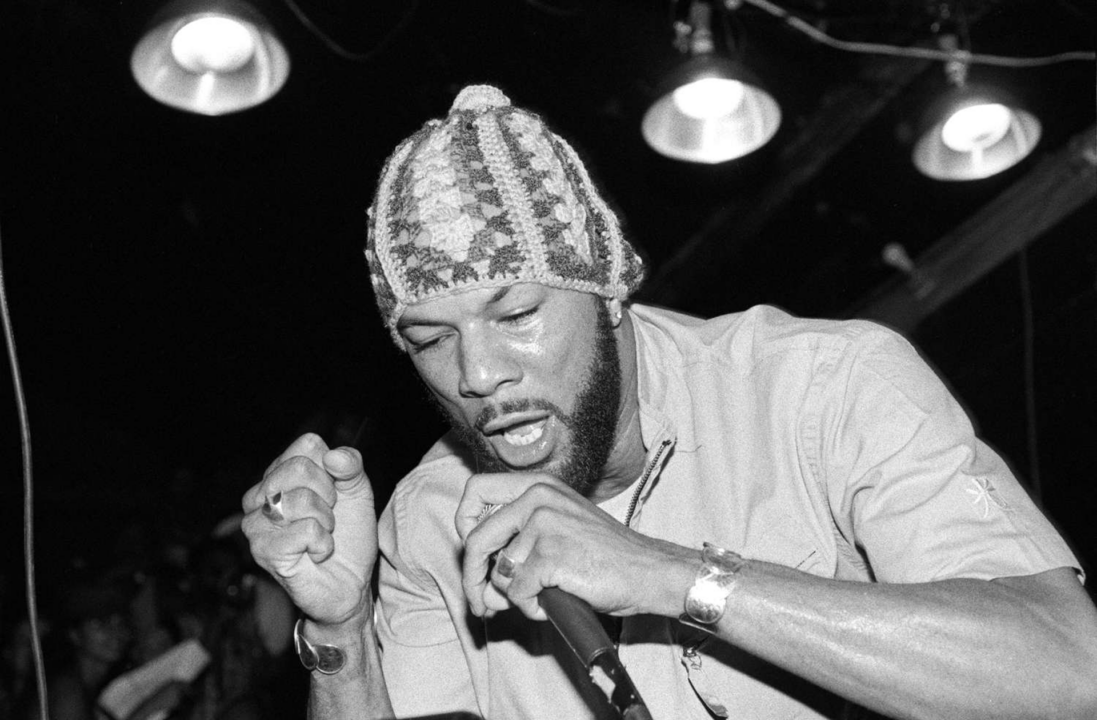
The culture clash that proved conscious rap had teeth and that them bitches do be bitin’. It began with Common’s “I Used to Love H.E.R.,” a metaphorical love letter to hip-hop that criticized its shift toward gangsta rap. Ice Cube and Westside Connection took the critique personally, responding with “Westside Slaughterhouse,” calling Common’s style “soft” and questioning his street credentials.
Common’s response, “The Bitch in Yoo,” produced by Pete Rock, shocked everyone with its intensity. The normally peace-promoting Chicago MC went for blood, attacking Cube’s Hollywood career (“In a movie you a tough guy, you a boss/Off screen you don’t come near us, you cross”) and dismantling the entire Westside Connection’s credibility. The track proved that thoughtful rappers could go bar-for-bar with anyone.
The beef changed hip-hop’s perception of “conscious rappers” and showed that regional beefs could be won with wit over threats. Years later, Common and Ice Cube squashed their beef and even starred in movies together, but the battle remains a masterclass in how to defend artistic integrity without compromising principles. One of the greatest hip-hop battles won by an unassuming “conscious rapper”.
Winner: Common (peace and love… and bars)
Boogie Down Productions vs. Juice Crew (1985-1987)
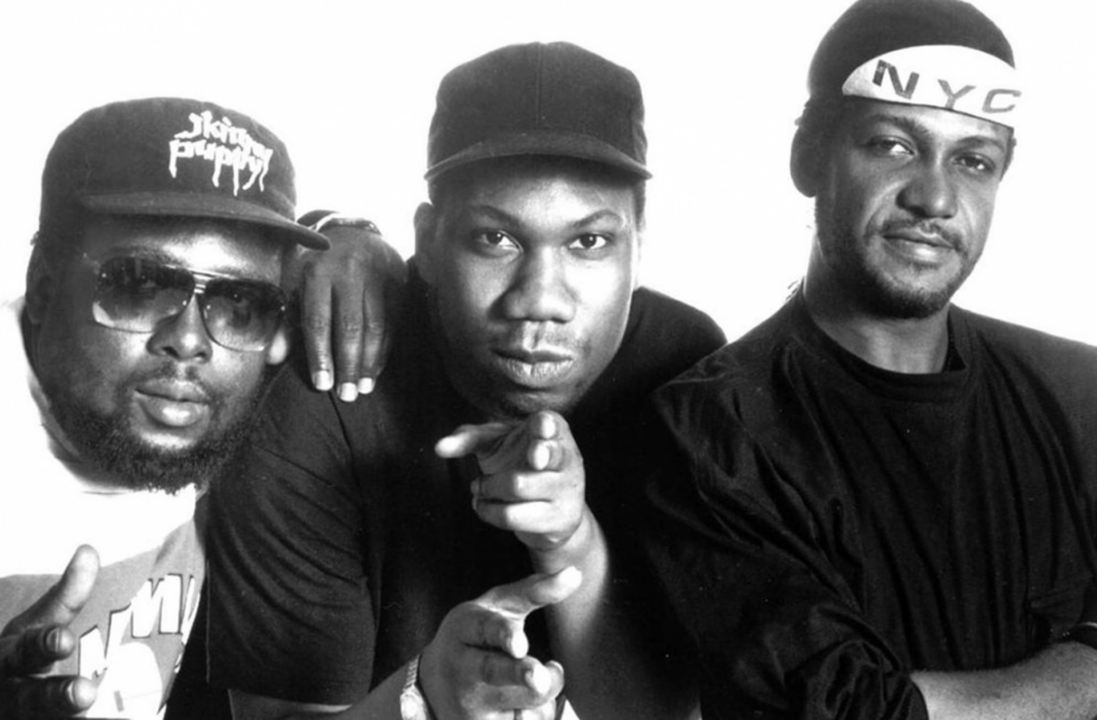
The first great hip-hop turf war. It ignited when MC Shan dropped “The Bridge,” which KRS-One interpreted as claiming hip-hop started in Queensbridge. The Juice Crew maintains to this day that wasn’t their intent, but KRS-One’s response “South Bronx” turned a misunderstanding into hip-hop’s first borough-wide beef.
The battle escalated with Shan’s “Kill That Noise” and BDP’s devastating “The Bridge Is Over,” where KRS-One flipped the script by adopting a Jamaican patois over a reggae beat – ironically using Queens’ own cultural influence against them. The track didn’t just win the battle; it became a template for how to completely dismantle an opponent’s entire movement. KRS’s line “Manhattan keeps on making it, Brooklyn keeps on taking it, Bronx keeps creating it, and Queens keeps on faking it” became hip-hop scripture.
This wasn’t just about tracks – it was about hip-hop’s origin story itself. The battle, historically one of the greatest hip-hop battles ever, established the South Bronx as hip-hop’s universally recognized birthplace and set the standard for how geographic disputes would play out in hip-hop for decades to come. From East vs. West to Drake vs. Kendrick’s regional tensions, every territorial hip-hop dispute owes its blueprint to this battle.
Winner: BDP (sorry Queens, the South Bronx took this one)
Jay-Z vs. Nas (2001-2002)
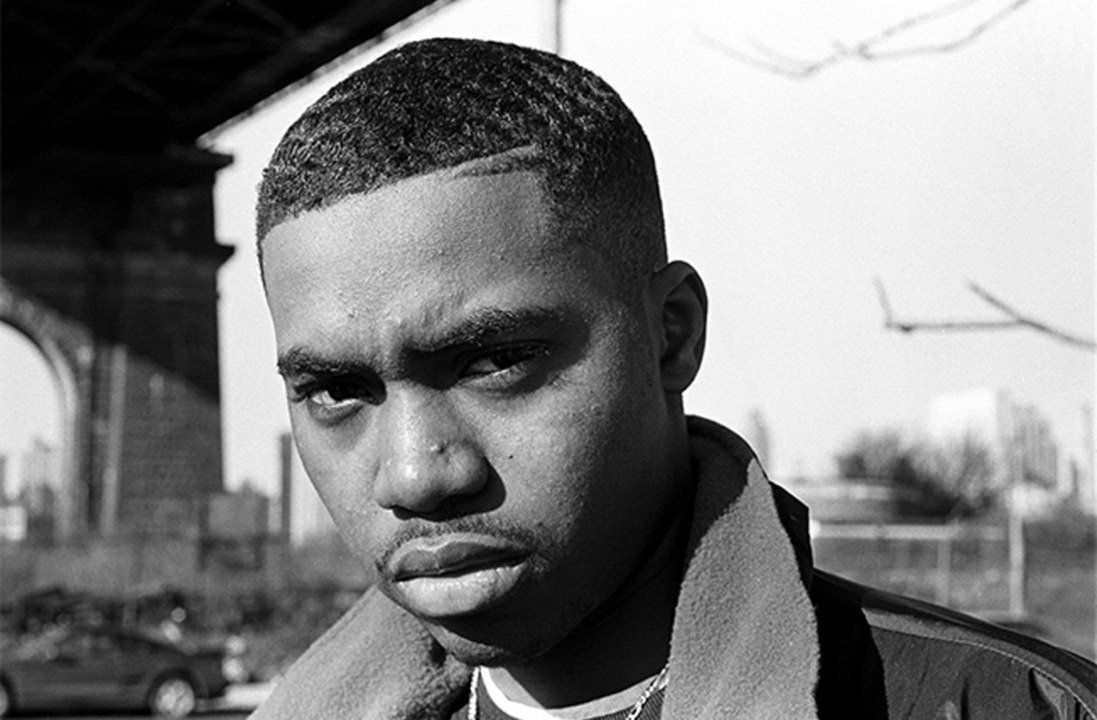
No realy hip-hop fan is going to mention greatest hip-hop battles and not mention this pair of industry giants. Hip-hop’s equivalent of Ali vs. Frazier. After years of subliminal shots and a controversial sample of Nas’s “The World Is Yours” on “Dead Presidents,” Jay-Z launched “Takeover” at Summer Jam 2001. The calculated attack questioned Nas’s relevance, dissected his career’s decline since “Illmatic,” and claimed Jay had slept with the mother of Nas’s daughter – all over a thunderous Doors sample produced by Kanye West.
Nas’s response, “Ether,” was so devastating it became a verb in hip-hop lexicon. Over Ron Browz production, Nas attacked everything from Jay’s appearance to his authenticity, memorably comparing him to a “tae-bo ho” and questioning his street credentials. The track was so impactful that Hot 97 held a phone poll asking listeners who won – Nas edged out Jay by a slim margin. Jay responded with “Super Ugly,” but the damage was mutual.
The aftermath redefined both careers: Jay showcased his corporate savvy by later signing Nas to Def Jam, while Nas proved he could still deliver under pressure. Their eventual reconciliation at Continental Airlines Arena in 2005 became hip-hop’s version of détente. Today, both “Takeover” and “Ether” are studied like sacred texts in hip-hop’s battle canon.
Winner: Nas (though Jay-Z probably won the war) and also hip-hop culture (and every rapper who needed a word to describe utterly destroying someone on a track)
50 Cent vs. Ja Rule (1999-Present)
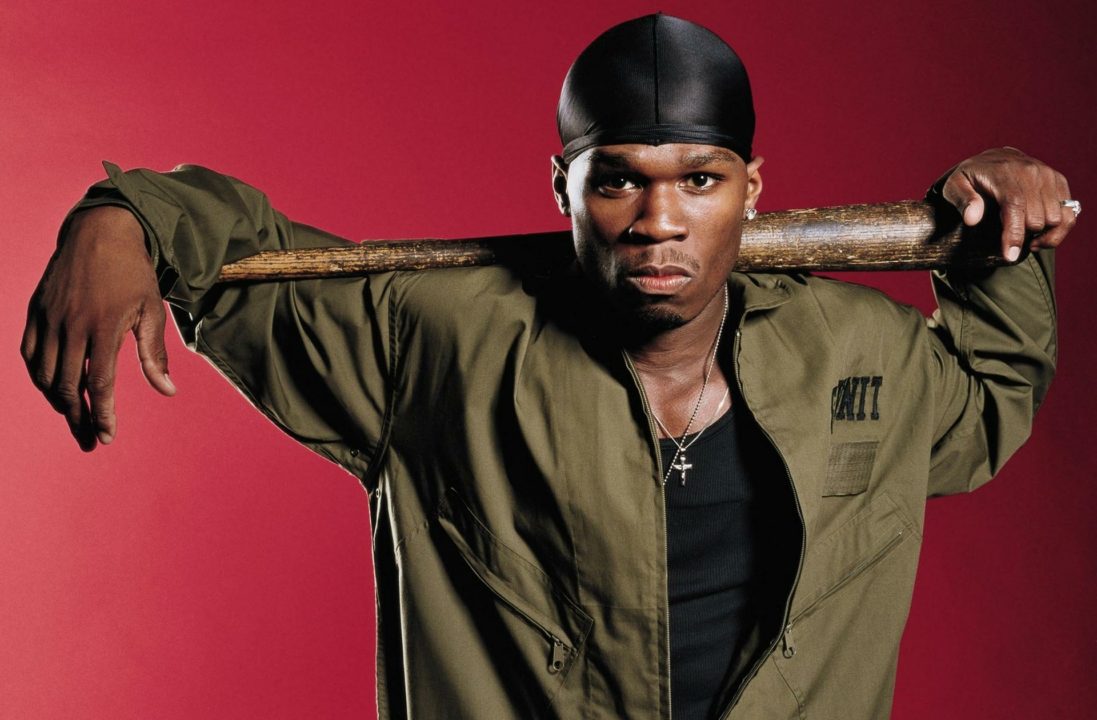
The beef that rewrote the rules of music industry warfare. It started with a robbery in Queens, evolved into a record label civil war, and ended with one rapper’s entire legacy being reduced to a Fyre Festival meme. 50 kicked it off with “Life’s on the Line” in ’99, taking shots at Murder Inc’s melodic approach to rap. But this wasn’t just bars – 50 turned industry blackballing into an art form, systematically dismantling Ja Rule’s career with a combination of street politics and savage marketing.
“Wanksta” and “Back Down” weren’t just diss tracks; they were cultural shifts. 50 made singing in rap seem corny right when Ja had perfected the formula. Murder Inc. tried to fight back with “Loose Change” and “Blood in My Eye,” but 50’s G-Unit movement was unstoppable. The beef got so heated that even the Feds got involved, investigating Murder Inc. for money laundering (talk about escalation).
Most brutal part? 50 kept the persecution going well into the social media era, buying 200 front-row tickets to a Ja Rule concert just to leave them empty, and turning Ja’s Fyre Festival disaster into years of Instagram fodder. When Ja challenged 50 to a Verzuz battle in 2020, 50’s response was just more Instagram trolling.
Winner: 50 Cent by knockout. Made Murder Inc. rebrand to The Inc., burned down the singing-rapper blueprint (temporarily), and turned industry blackballing into a business strategy that rappers still study.
Tupac vs. Biggie (1994-1996)
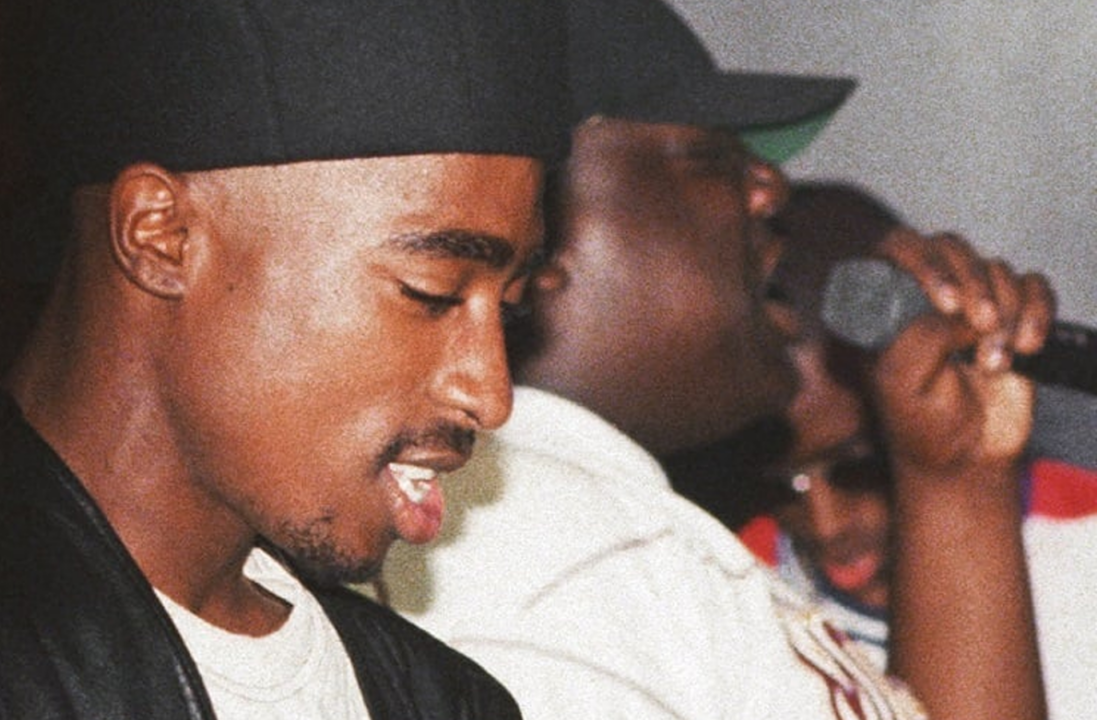
The beef that divided hip-hop and ended in tragedy. What began as a close friendship – with Pac mentoring Biggie early in his career – turned volatile after Tupac was shot five times at Quad Studios in 1994, believing Biggie and Puff knew about the attempt on his life. The incident transformed coastal rivalry into personal vendetta, with Death Row and Bad Boy Records becoming proxy armies in a war neither artist could control.
“Hit ‘Em Up” changed the rules of engagement forever. Released in June 1996, the track wasn’t just a diss – it was a declaration of war. Over a beat that deliberately mimicked “Player’s Anthem,” Pac claimed he slept with Biggie’s wife Faith Evans, threatened Bad Boy members by name, and turned “Who Shot Ya?” – which Biggie maintained wasn’t about Pac – into an accusation of attempted murder. Biggie’s response was more strategic: subliminal shots in “Long Kiss Goodnight” and interviews that attempted to de-escalate.
The beef’s tragic end – with Pac’s murder in September 1996 and Biggie’s in March 1997 – forever changed how hip-hop viewed battle rap. What started as artistic rivalry escalated into real-world violence, leading to two decades of coastal tension and teaching the hip-hop community a devastating lesson about when words cross into reality. As Snoop later reflected, “We were young and stupid. We all played a part in this negative energy.”
Despite this being most head’s defacto #1 it lives on the Mount Rushmore of greatest hip-hop battles.
Winner: Nobody (this is why we can’t have nice things)
Kendrick vs. Drake (2013-Present)
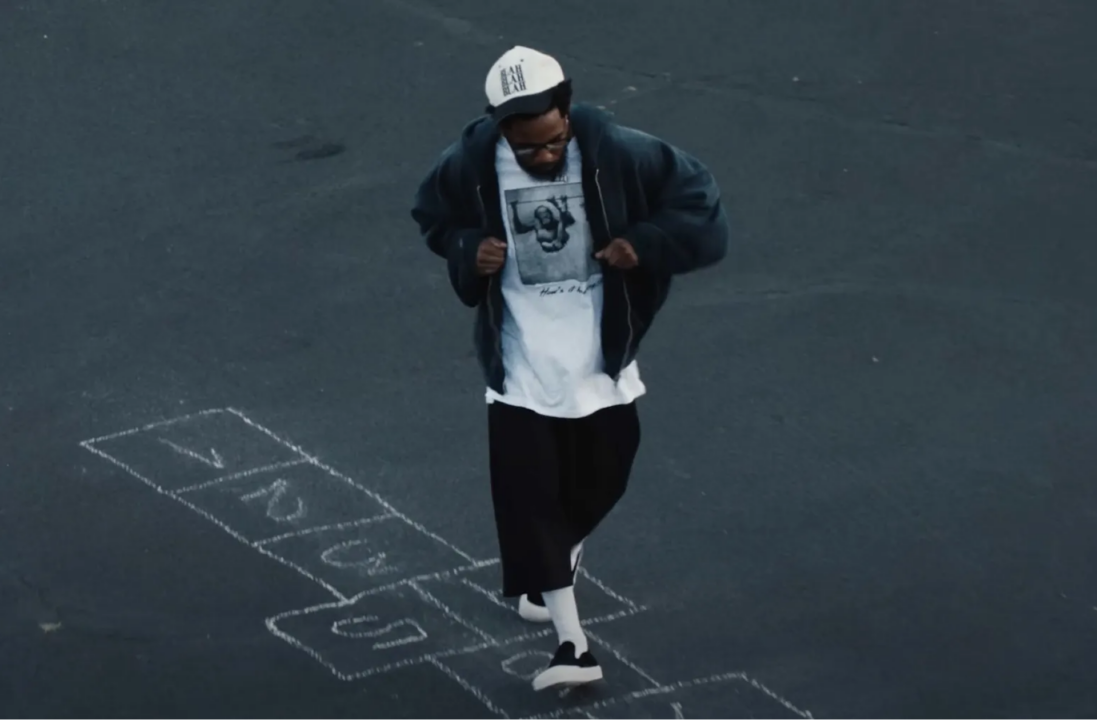
The longest chess game in hip-hop history started with the “Control” verse in 2013, where Kendrick first put Drake and every other rapper on notice. Years of subliminal shots followed until Drake’s “Push Ups” in 2024 seemed to finally bring this cold war to a boil. Kendrick’s response on “Like That” was surgical, prompting Drake to make a controversial move: “Taylor Made Freestyle,” which used AI-generated versions of Tupac and Snoop Dogg’s voices – a decision that backfired spectacularly.
Fast forward through years of subliminal shots and carefully worded interviews, until Drake’s “Push Ups” seemed to finally bring this cold war to a boil. But then came “Like That,” and Drake responded with “Taylor Made Freestyle” using AI. Bad move. Metro Boomin and Future’s “We Don’t Trust You” album dropped the previously mentioned “Like That” AND “Type Shit,” followed by the Grammy-nominated “They Not Like Us” (which currently sits at more than 150mil views on YouTube) – a triple tap and cultural phenomenon that had Drake’s “street cred” bleeding out in real time.
The battle exposed the growing divide between commercial success and hip-hop authenticity, with Drake’s AI stunt being seen as a desperate move that violated unwritten rules about keeping battles authentic.
Winner: Kendrick and Mustard, with the help of Future, and Metro Boomin sent Drake back to his Degrassi days. The Grammy nom for “They Not Like Us” was just the victory lap.
Honorable Mentions
- Kool Moe Dee vs. Busy Bee (the battle that started it all)
- The Game vs. 50 Cent (G-Unot campaign walked so Twitter beef could run)
- Meek Mill vs. Drake (Twitter fingers turned to Twitter fingers, before Kendrick showed him what real fingers do)
- Cardi B vs. Nicki Minaj (when shoe-throwing became a valid battle technique)
- Eminem vs. Benzino (when a magazine picked a fight with a dictionary)
- Eazy-E vs. Dr. Dre (proof that wearing sequins in old photos will always come back to haunt you)
- J. Cole vs. His Own Diss Track (shortest beef in history)
- KRS-One vs. PM Dawn (when pushing people off stages was considered a valid response)
- Canibus vs. Himself (that notepad incident we all pretend didn’t happen)
- Westside Connection vs. Cypress Hill (the other West Coast beef everyone forgot about)
Remember kids: today’s subtweets are tomorrow’s diss tracks. Choose your social media posts wisely – and maybe don’t wear anything too flashy in music videos. It might end up in someone’s diss track 30 years later.
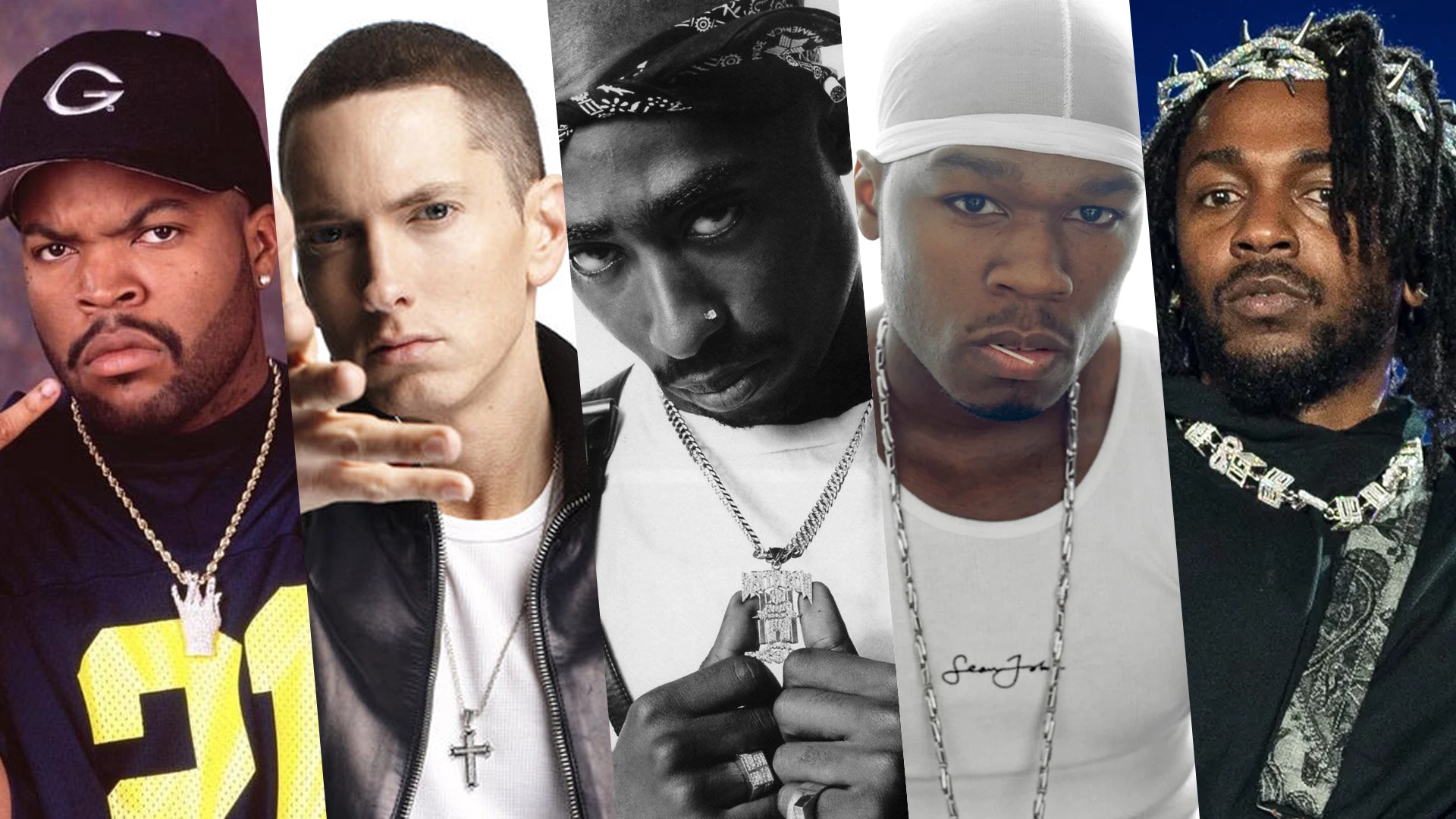
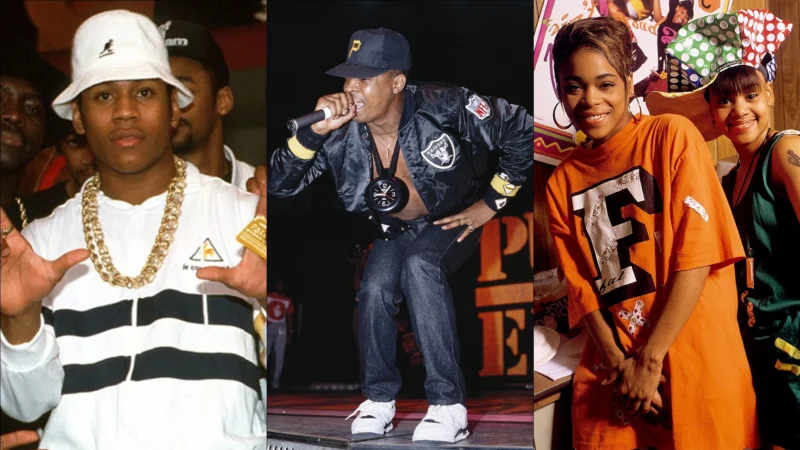
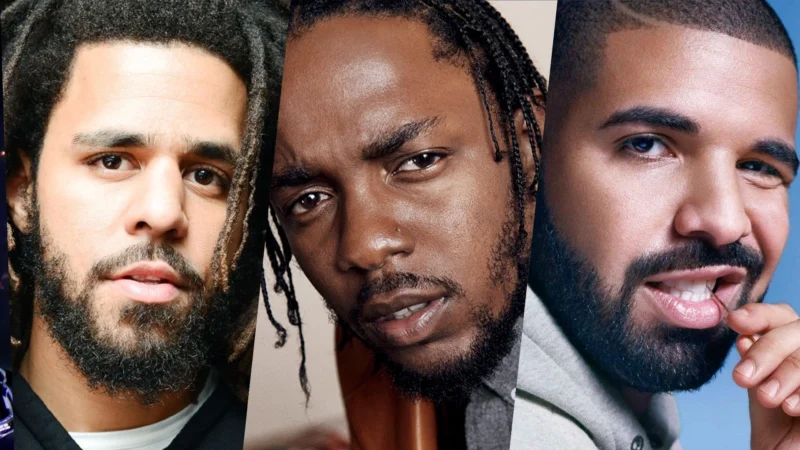
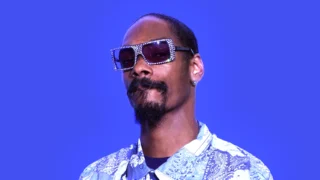

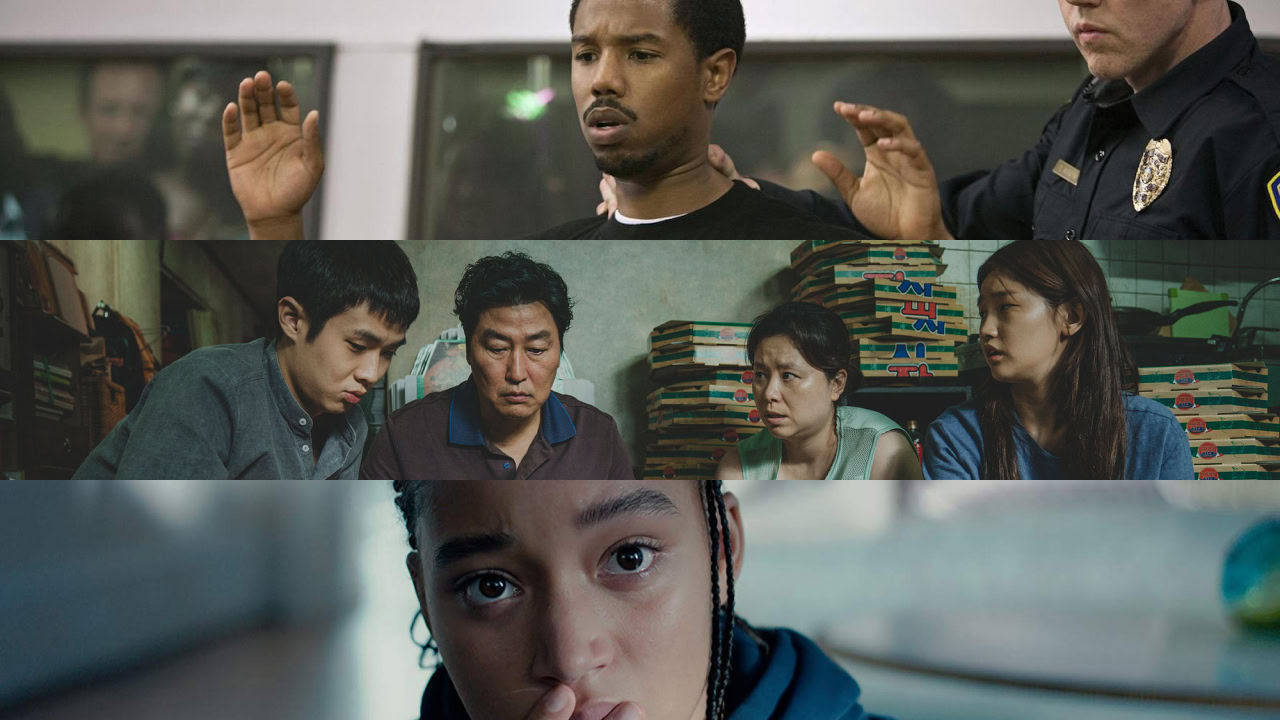
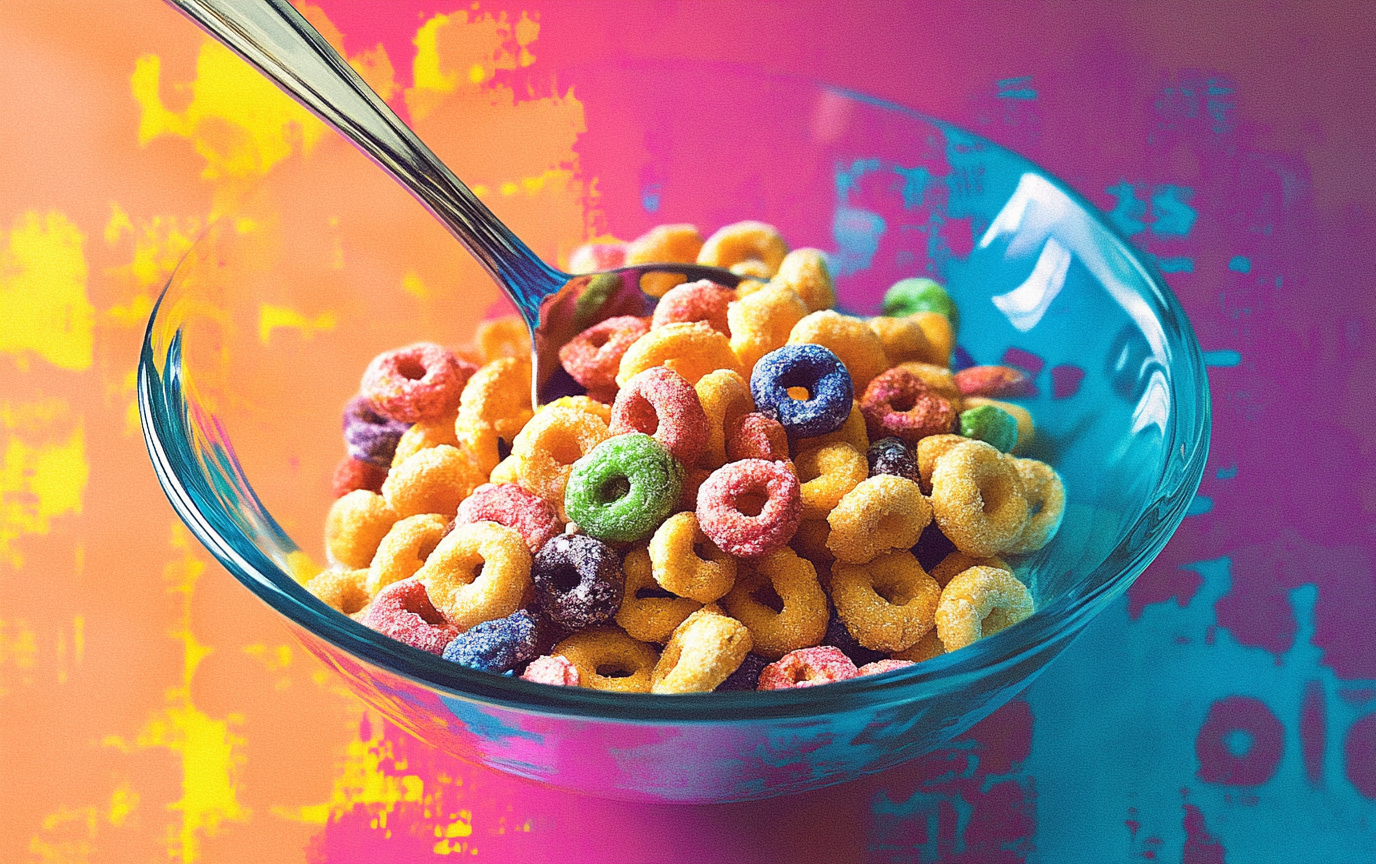
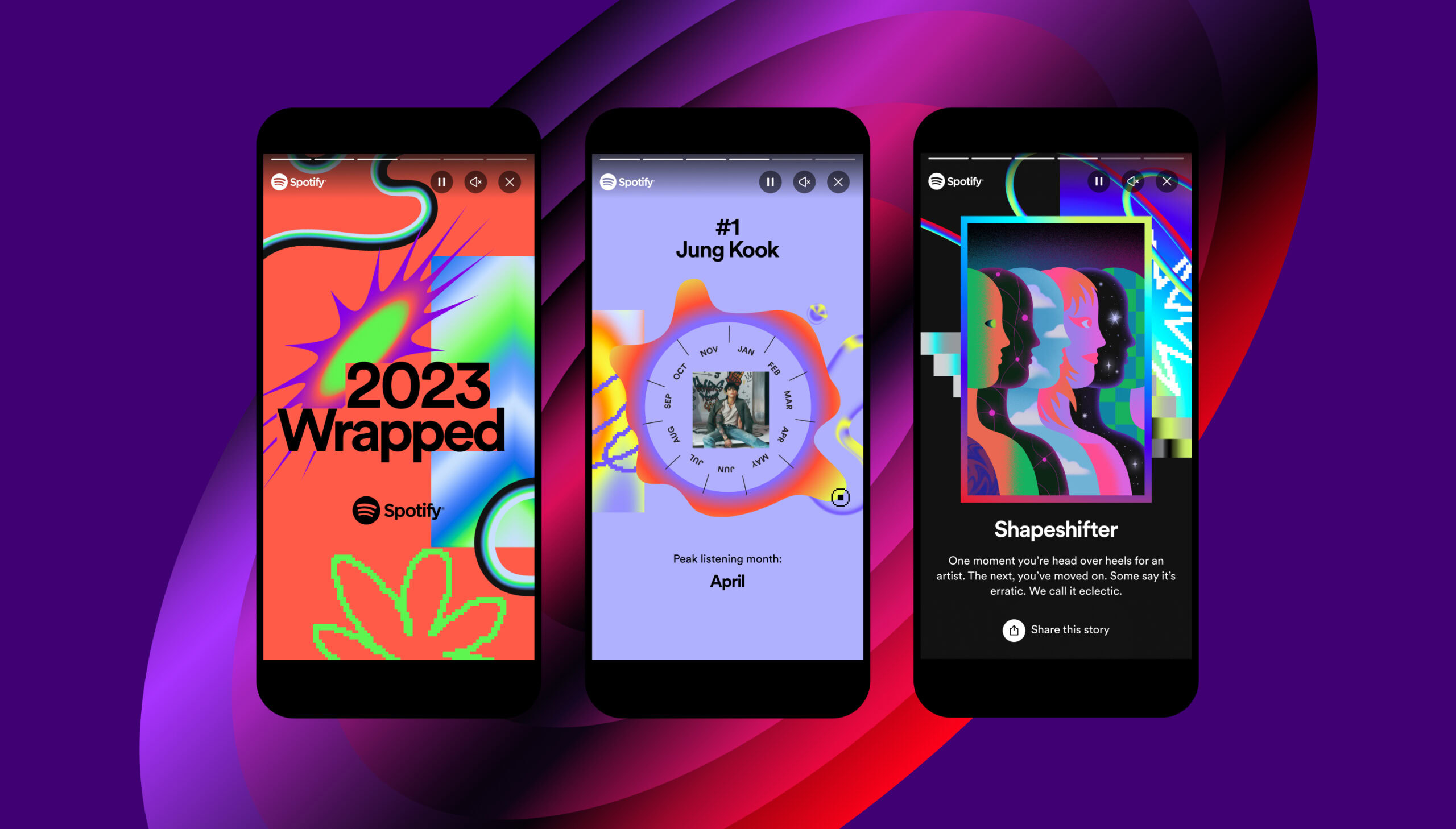
Leave a Reply